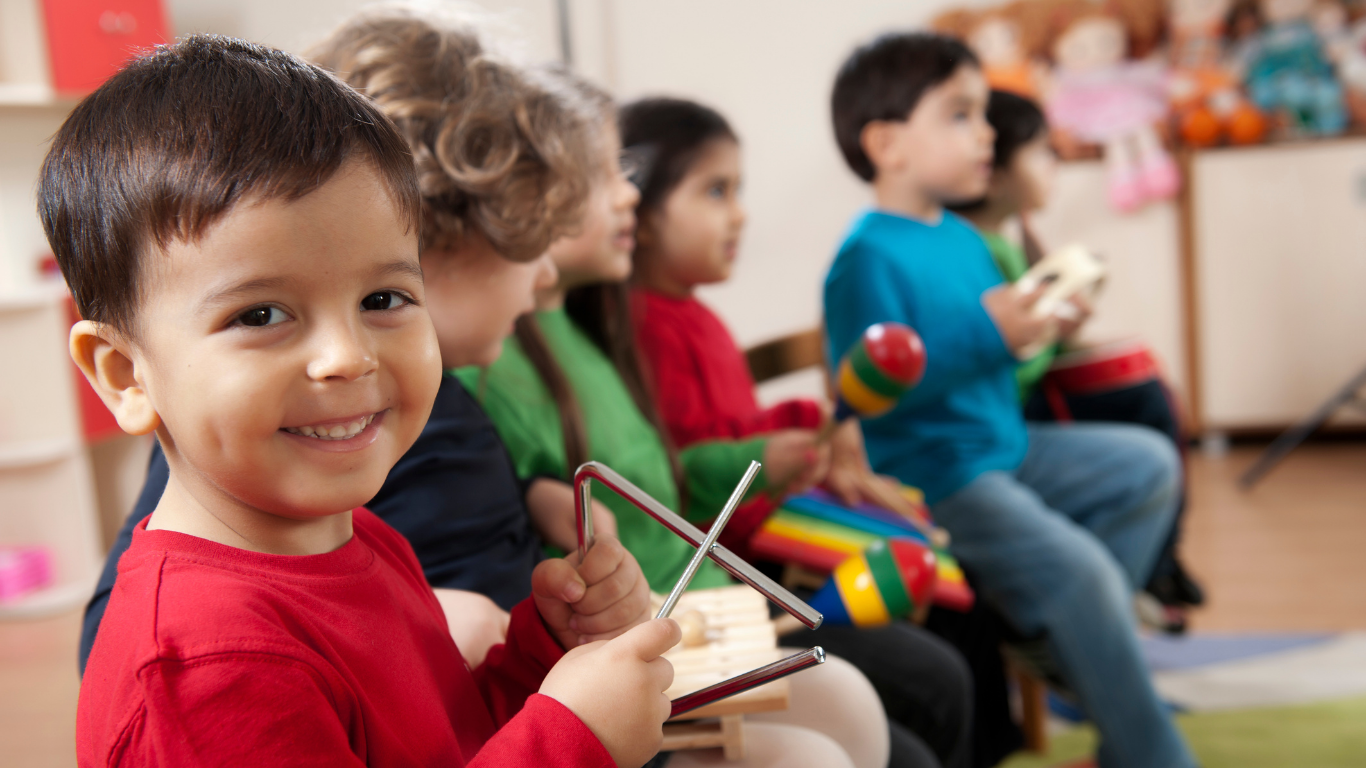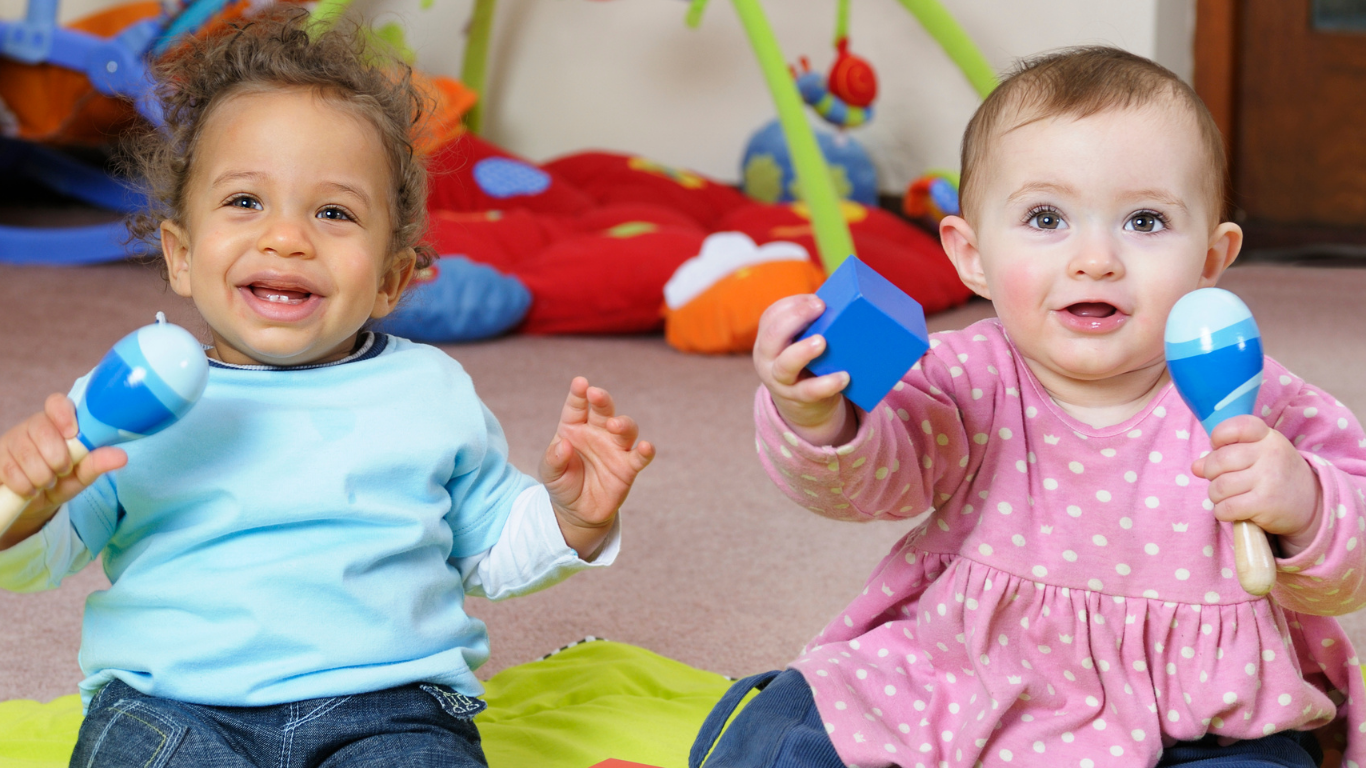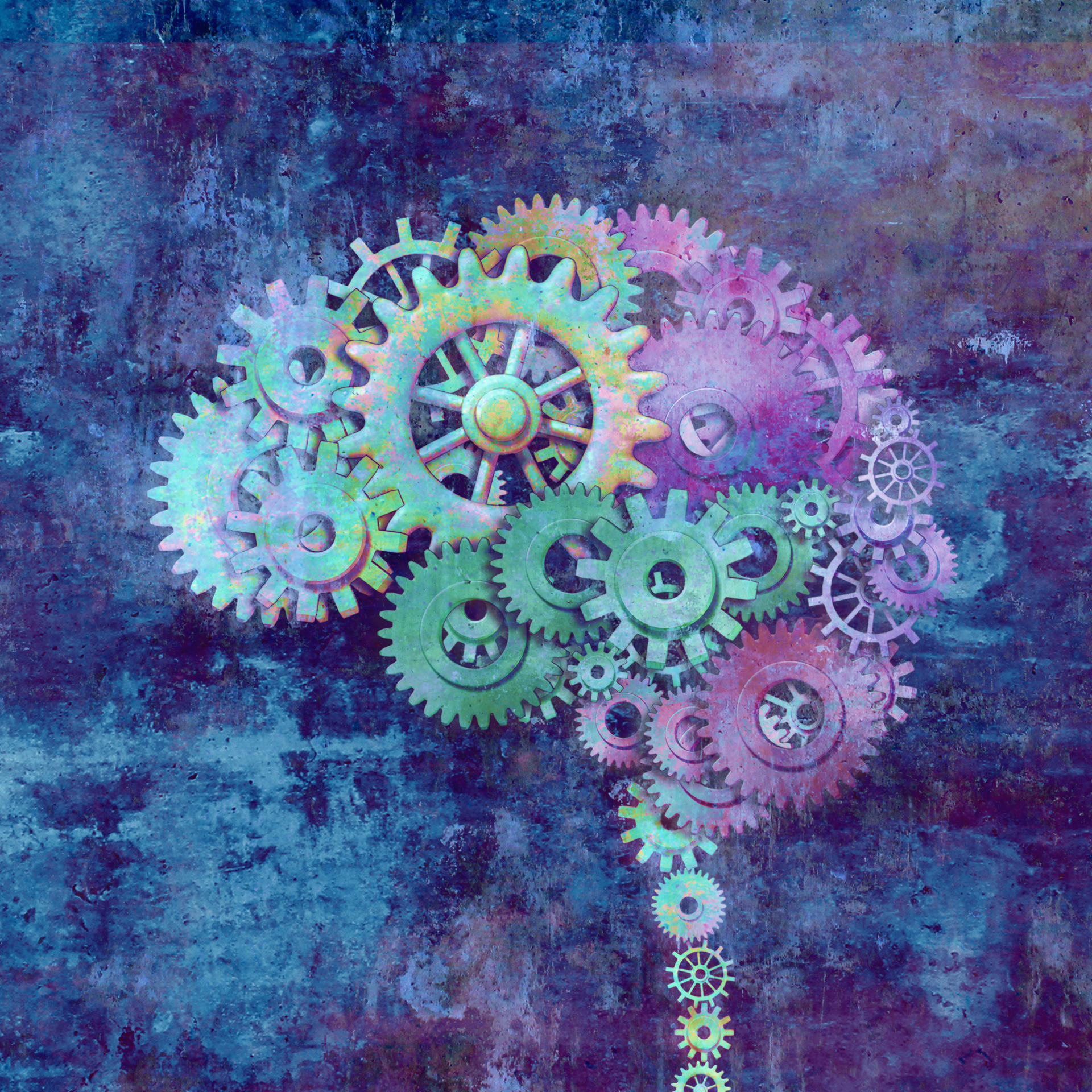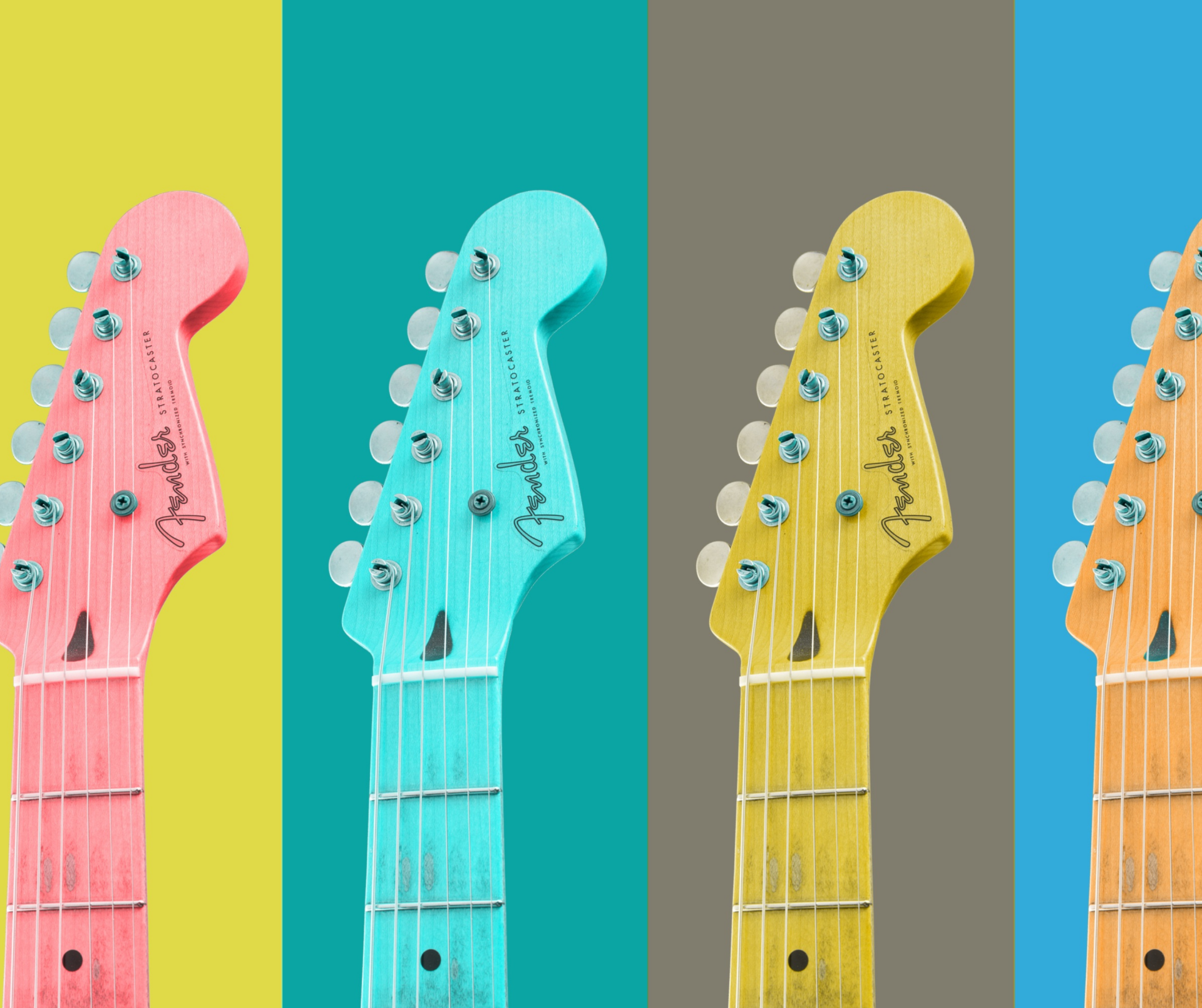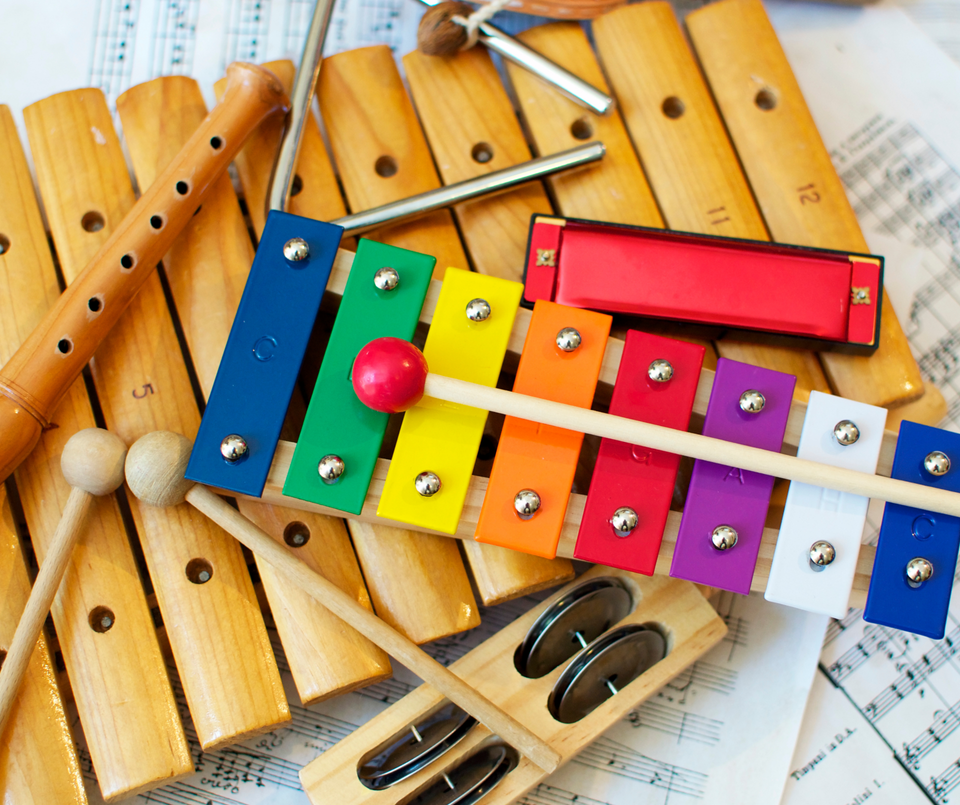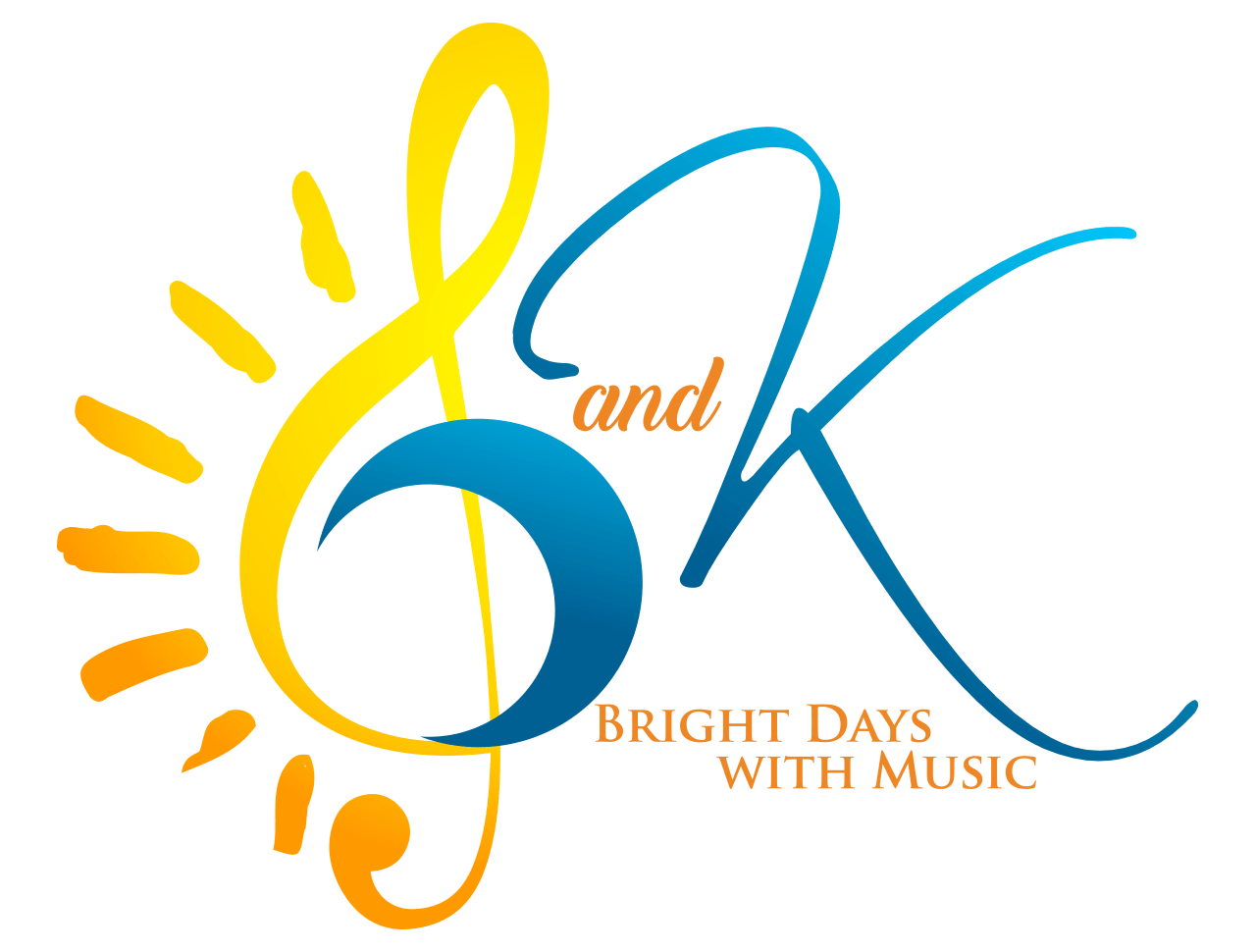The Importance Of Music In The Development Of Toddlers
Very early in their life, children will start to identify rhythm and even move to the beats of music. After all, music is meant to touch our souls! Besides that, music provides cognitive benefits that support children’s early development. In this article, we talk about the benefits of getting musical around your toddlers.
Here are our top five reasons why music can be beneficial to the development of your child.
1. Music increases toddler’s sensory development
Just as taste, textures and colors aid a child’s sensory development, so does music. Exposing your child to different types of music can help create more pathways between the cells in their brains. This effect increases even more when you link music to different activities such as dancing.
2. Music can improve literacy and numeracy
From an early age, babies can hear the difference between different types of sounds. After just a few weeks, a baby is able to identify their mother’s voice from other people’s. Exposure to music enhances a child’s natural ability to decode sounds and words.
By singing nursery rhymes to your child, you can help them to identify sound patterns and learn through repetition. In addition to that, music also helps children anticipate what is coming next in a poem or a song and they know how to put these patterns in a sequence. By mastering these skills, children build the base of literacy and numeracy.
3. Music is a mood lifter
A lot of parents tuck their children in with a lullaby or calm them down with a song. Just as music can soothe a child, it can also lift their spirit.
Tip: You can use music to indicate play time, sleep time or different moments in your child’s daily schedule.
4. Music helps toddlers build coordination
Even if your child doesn’t understand the lyrics of a song yet, they can definitely move to the rhythm of the music. You may have already noticed your child dancing to certain songs or liking certain pieces of music more than others.
Music encourages children’s inclination to move, developing their fine motor skills and gross motor skills. Plus, if the rhythm is very entertaining, you may even notice your toddler starting to jump up and down, which helps with their muscle development, strength and balance.
Tip: When you see your child dancing, give them a toy drum or other homemade musical instruments and dance with them. They will try to mimic your moves, which can help them with their hand-eye coordination and exercise their clutch grip.
5. Music can help toddlers develop their vocabulary
Even though at first your child may not understand the words in a song or in a nursery rhyme, they do develop their understanding by identifying the storytelling in a song. Take as an example the ABC song, where many children think that the sequence “l-m-n-o-p” is a word, “elemenopee”. As they grow, they will start to realize that it’s not a word, but a sequence of sounds, each sound being a separate entity.
Tip: To help children learn more words and identify the story in a song, try singing their favorite nursery rhymes and inserting their name into the song. You can also encourage your child to change words in a song to keep them engaged and learning.

